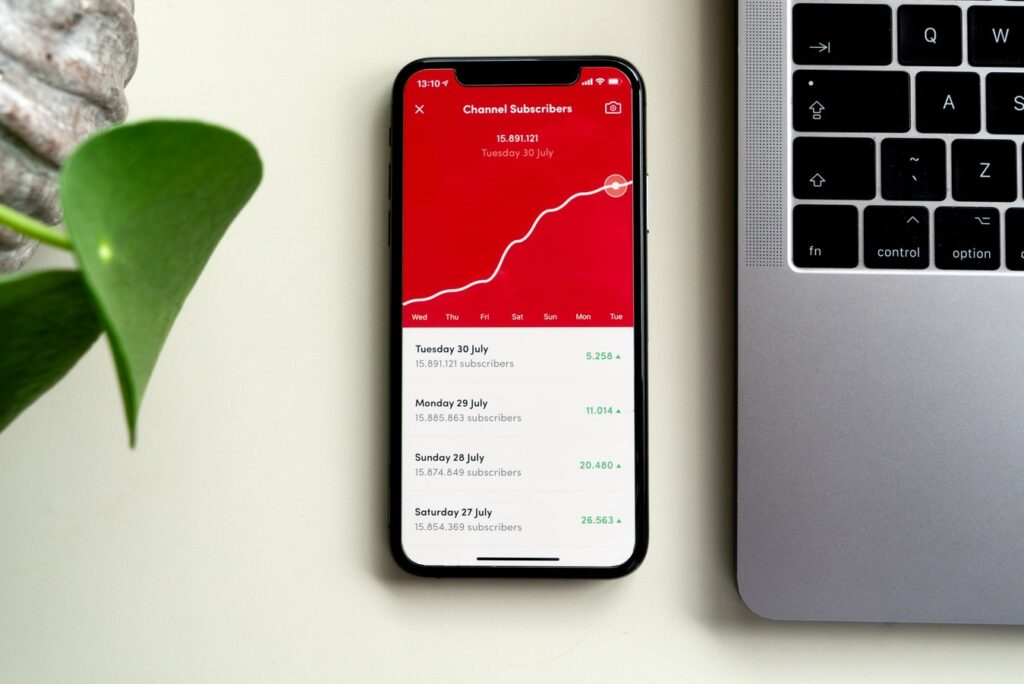No products in the cart.
Explore the power of data analytics in optimizing sales and marketing strategies. Learn how point of sale systems can provide valuable insights into customer behavior, product performance, and market trends, allowing businesses to make informed decisions and drive growth.
In the digital age, data has become a valuable asset for businesses, especially in the realms of sales and marketing. Data analytics plays a crucial role in helping businesses understand customer behavior, improve targeting, and optimize sales and marketing efforts. In this blog post, we will explore the power of data analytics, its benefits for sales and marketing, and provide insights on how you can leverage data analytics to optimize your business strategies.


What is data analytics, and why is it important for sales and marketing?
Data analytics involves the examination and interpretation of large datasets to uncover insights, patterns, and trends. It is important for sales and marketing because:
- Customer Insights: Data analytics helps businesses gain a deeper understanding of customer behavior, preferences, and buying patterns. This insight enables targeted marketing campaigns and personalized customer experiences.
- Enhanced Decision-Making: By analyzing data, businesses can make informed decisions based on objective insights rather than relying on assumptions or guesswork. This leads to more effective sales and marketing strategies.
- Performance Tracking: Data analytics allows businesses to track and measure the performance of sales and marketing initiatives. This helps identify areas of improvement, optimize campaigns, and maximize ROI.
“Unleash the power of data analytics to optimize your sales and marketing efforts. Gain valuable insights, target effectively, and stay ahead of the competition in the digital era.”
Muthu – Amana POS
What are the benefits of leveraging data analytics for sales and marketing?
Leveraging data analytics offers several benefits:
- Improved Targeting: Data analytics enables businesses to segment their customer base and target specific demographics or customer segments with personalized messages and offers. This leads to higher conversion rates and customer engagement.
- Customer Retention: By analyzing customer data, businesses can identify customer churn patterns and implement strategies to improve retention rates. This includes targeted promotions, loyalty programs, and personalized communication.
- Sales Forecasting: Data analytics helps businesses forecast sales trends and anticipate customer demand. This allows for better inventory management, production planning, and resource allocation.
- Competitive Advantage: Businesses that leverage data analytics have a competitive edge. By understanding market trends, consumer behavior, and competitors’ strategies, businesses can make proactive adjustments and stay ahead of the competition.
How can businesses effectively leverage data analytics for sales and marketing optimization?
To effectively leverage data analytics for sales and marketing optimization, businesses can:
- Collect Relevant Data: Identify key metrics and data points that align with your sales and marketing objectives. This includes customer data, sales data, website analytics, social media metrics, and more.
- Utilize Analytics Tools: Invest in robust analytics tools or platforms that can process and analyze data effectively. These tools provide insights, generate reports, and visualize data for easy interpretation.
- Test and Iterate: Use data analytics to conduct A/B testing, measure campaign performance, and make data-driven adjustments. Continuously monitor results, learn from data, and iterate your sales and marketing strategies.
- Foster a Data-Driven Culture: Encourage a data-driven mindset within your organization. Train employees on data analysis techniques, promote collaboration between sales and marketing teams, and empower decision-making based on data insights.
Data analytics has become a game-changer in sales and marketing, providing businesses with invaluable insights to optimize their strategies and drive success. By leveraging data analytics, businesses can understand customer behavior, enhance targeting, improve decision-making, and gain a competitive advantage. Embrace the power of data analytics and unlock the potential of your sales and marketing efforts to achieve sustainable growth and customer satisfaction.





